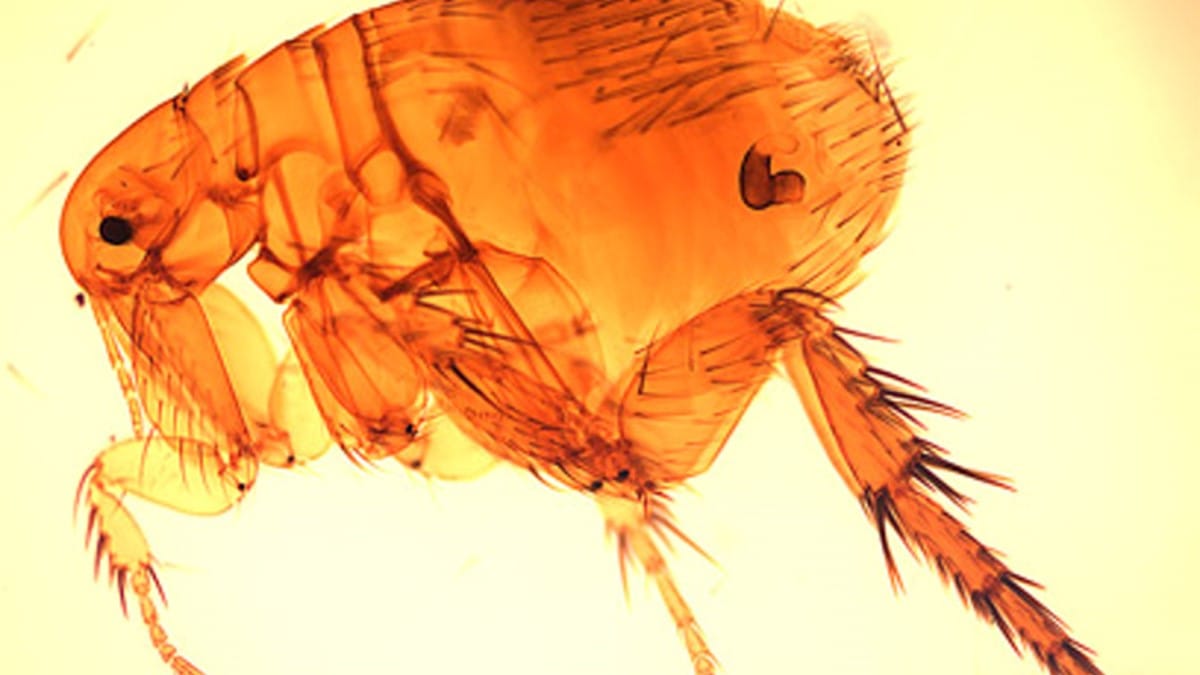Flea-borne typhus infections rising, Long Beach health officials say
As of July 31, there have been 20 reported cases in the city, compared to 12 cases during the same period in 2024, according to city officials.

Cases of flea-borne typhus are on the rise throughout Long Beach, city health officials said Monday.
As of July 31, there have been 20 reported cases of flea-borne typhus in Long Beach, compared to 12 cases during the same period in 2024, city officials said. On average, 20 cases get reported each year, according to the city's health department.
City officials added that if this trend continues, Long Beach will surpass its 2021 record of 28 cases reported in a single year.
Typhus infections have been rising throughout Los Angeles County since 2010, according to county health officials. There were 187 cases in the county last year, a record high, county officials said.
Three-quarters of the typhus cases in Long Beach this year have resulted in hospitalization, and all have recovered, city officials said.
Typhus is spread by infected fleas and is not transmissible from person to person, according to the Long Beach Health Department. Symptoms of typhus include high fever, headache, chills, body aches and rash, city health officials said.
Those infected can be treated with antibiotics, according to the city health department. Anyone who thinks they have contracted typhus should ask their health provider for testing and treatment.
In Los Angeles County, the animals best known for carrying infected fleas include rats, free-roaming cats and opossums, according to county health officials. Anyone exposed to these animals have some risk of acquiring flea-borne typhus, county health officials said.
This includes dogs and cats that are allowed outside. They may come into contact with infected fleas, which they could then bring back to humans. It's important to note, however, that infected animals are not known to get sick from flea-borne typhus, county health officials said.
While Typhus infections can occur any time, most cases occur in the summer and fall, city health officials said. To help prevent typhus infection, city officials urge residents to do the following:
- Keep pets indoors and treat them regularly with flea control medication;
- Avoid feeding or interacting with wild animals like rats, opossums or cats;
- Clear overgrown vegetation and clutter around homes;
- Cover trash bins and remove outdoor food sources;
- Seal openings and crawl spaces under homes;
- Report dead animals to Animal Care Services at 562-570-7387.
For more information, visit longbeach.gov/typhus.
We need your support.
Subcribe to the Watchdog today.
The Long Beach Watchdog is owned by journalists, and paid for by readers like you. If independent, local reporting like the story you just read is important to you, support our work by becoming a subscriber.





